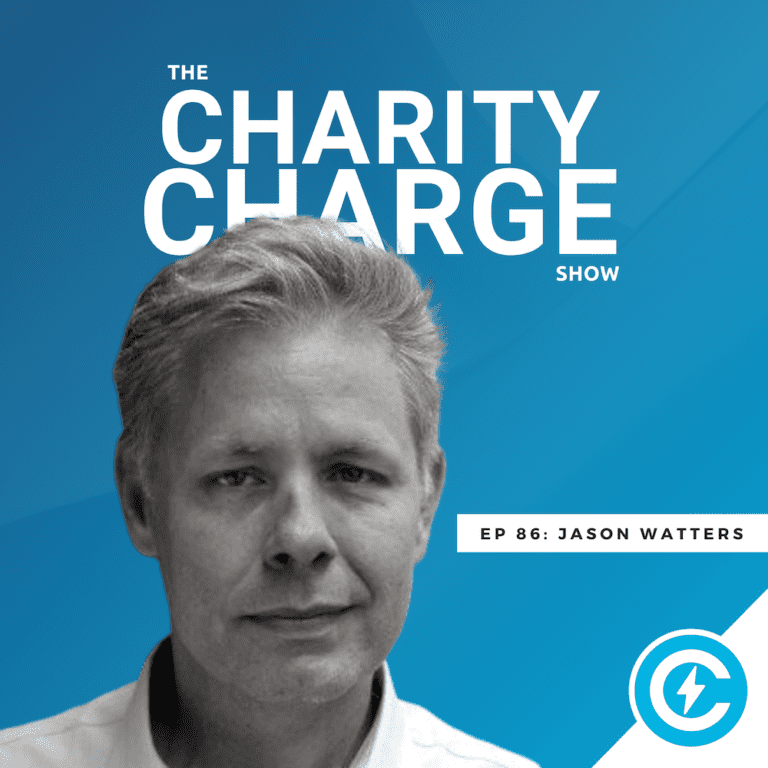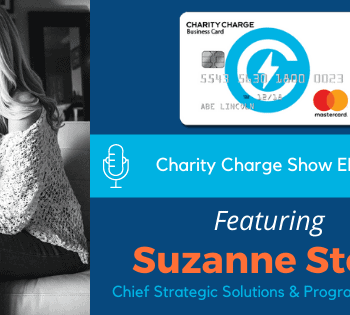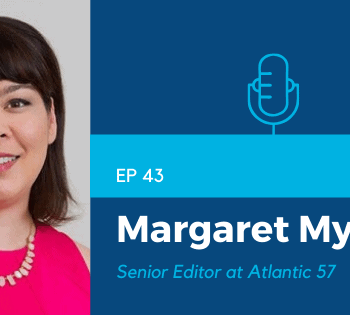In Episode 86 of the Charity Charge Show, Stephen talks to Jason Watters, CFO of GiveDirectly, whose mission is letting donors send money directly to the world’s poorest households.
They believe people living in poverty deserve the dignity to choose for themselves how best to improve their lives — cash enables that choice.
Stephen and Jason Watters talk about GiveDirectly’s innovations in technology to increase efficiency of donations from donor to recipient, the importance of financial transparency in the nonprofit sector, and being a respectful guest when working with countries, governments, and citizens to develop trust.
Jason holds a B.S. in Finance from Georgia State University and an MBA in Finance and Economics from the New York University, and joined GiveDirectly from a long string of Private Equity and Venture Capital backed technology companies, most recently Imbellus, Inc. and has served in a variety of CFO, COO, and Chief Innovation Officer roles.
Jason started his career with a short stint at the US Department of the Treasury and a decade at McKinsey & Company.
Jason on GiveDirectly’s commitment to financial transparency:
We make the claim, “90 cents of every dollar you give us goes into the hand of a recipient, unconditionally” and we’ve done an amazing job historically, providing transparency into that claim.
However, about six months ago, in the context of the UN putting a call out to Elon Musk for $6 billion to help with a food program.
There was a conversation about transparency, and proving that if Elon was to give $6 billion, it’s not going to be run off by middlemen or spent on things other than what it was intended for.

Elon Musk coined the term open source accounting which I think is a very good idea.
This discourse sparked our team to ask ourselves the question, “Are we as transparent as we could be?” and ultimately, “Is there any reason that we wouldn’t give audit rights to all of our stakeholders, donors, recipients, and governments we operate with to let them examine the books the same way that we would an investor?”
After discussing internally it took 24 hours for the entire executive team to say, “Yes, we want to put all of our audit papers out publicly. We want to create a system where anybody can explore our transaction data and not only know where the 10% which doesn’t go to recipients ends up.”
Now we’re actively working on this open source accounting with our AWS partners to create a data exploration tool where anybody can go and look at how we spend our money, which recipients the money goes to, the salaries of the executive team and our staff, and what vendors we choose to do certain things.
Also, should you happen to be a particular donor, we’re shooting towards a world in which you can track your specific dollars, all the way through our system, to specific recipients on the other end.
For example, we told you your money is going into Rwanda, so we want to show the 230 people that got your money and their stories of what they did with the money.
This will also include accountability where we say, 1% of the money was lost to fraud, and one percent is pretty good, but still we didn’t run that program perfectly. This will give donors the ability to make an educated choice on whether to give to us again, and whether to trust us with their money.





